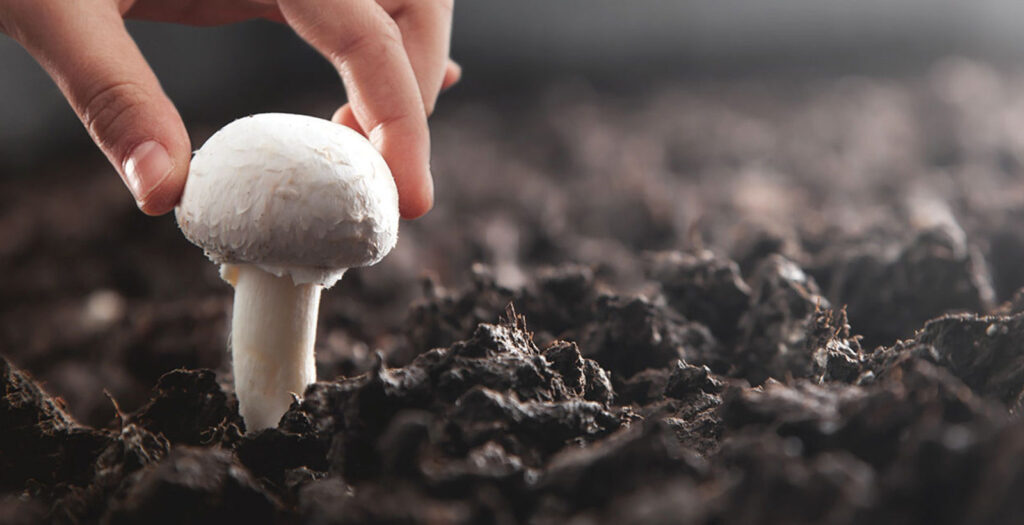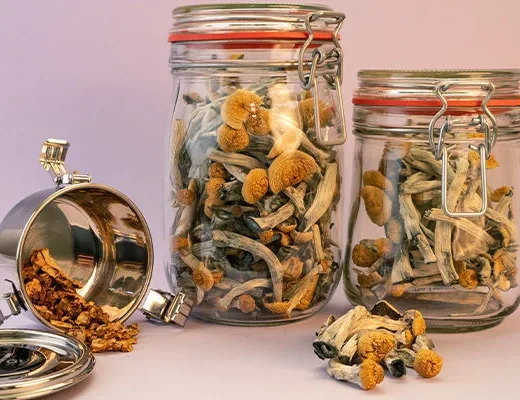Magic mushroom microdose capsules are becoming an increasingly popular alternative for individuals seeking the benefits of psilocybin without a whole psychedelic experience. These capsules offer a precise and convenient way to consume a controlled amount of this natural compound. This guide delves into the essentials of magic mushroom microdose capsules, from their production to their potential benefits Click Here for More Info.
What Are Magic Mushroom Microdose Capsules?
Microdosing refers to taking a small, sub-perceptual dose of a psychedelic substance. Magic mushroom capsules contain a specific amount of ground psilocybin mushrooms, allowing users to ingest a consistent microdose without the guesswork. These capsules provide a discrete and efficient method of consumption, eliminating the need to weigh or taste the often-bitter mushrooms.
The Production Process:
Creating these capsules involves grinding dried magic mushrooms into a fine powder, which is then carefully measured and encapsulated. This process ensures that each capsule contains a consistent amount of psilocybin, making it easier for users to monitor and adjust their doses as needed.
Benefits of Microdosing:
Many individuals turn to microdosing for its potential cognitive and emotional benefits. Some reported benefits include enhanced creativity, improved mood, increased focus, and reduced symptoms of anxiety and depression. However, it’s essential to note that individual experiences can vary, and more scientific research is needed to validate these claims.
How to Use Microdose Capsules:
For those new to microdosing, starting with a single capsule and monitoring the effects over several days is recommended. While the dose is sub-perceptual, meaning it shouldn’t induce a whole psychedelic experience, it’s still essential to observe how one’s body and mind respond. Some users prefer a regimen of taking a capsule every third day, while others might adjust based on their needs.
Safety and Precautions:
Magic mushroom microdose capsules are generally considered safe when taken responsibly. However, sourcing capsules from reputable suppliers is crucial to ensure purity and consistency. Additionally, individuals with a history of mental health issues or those on medication should consult with a healthcare professional before starting a microdosing regimen.
Legal Considerations:
While there’s growing interest in the therapeutic potential of psilocybin, it remains illegal in many parts of the world. Users should be aware of the legal status of magic mushrooms in their region and act accordingly. Some countries and states are beginning to decriminalize or permit the medicinal use of psilocybin, but it’s essential to stay informed about local regulations.
Magic mushroom microdose capsules offer a promising avenue for those curious about the benefits of psilocybin but hesitant about venturing into an entire psychedelic journey. With their convenience, precision, and subtlety, these capsules are an excellent introduction to microdosing. As with any substance, it’s essential to approach with caution, respect, and a desire for self-exploration.
References:
- Fadiman, J. (2011). The Psychedelic Explorer’s Guide: Safe, Therapeutic, and Sacred Journeys. Park Street Press.
- Carhart-Harris, R. L., & Goodwin, G. M. (2017). The therapeutic potential of psychedelic drugs: past, present, and future. Neuropsychopharmacology, 42(11), 2105-2113.
- Waldman, A. (2017). A Good Day: How Microdosing Made a Difference in My Mood, Marriage, and Life. Anchor.
- Stamets, P. (2019). Psilocybin Mushrooms of the World: An Identification Guide. Ten Speed Press.
- Thomas, K., Malcolm, B., & Lastra, D. (2017). Psilocybin-assisted therapy: A review of a novel treatment for psychiatric disorders. Journal of Psychoactive Drugs, 49(5), 446-455.
- Johnson, M. W., Griffiths, R. R., Hendricks, P. S., & Henningfield, J. E. (2018). The abuse potential of medical psilocybin according to the eight factors of the Controlled Substances Act. Neuropharmacology, 142, 143-166.
- Nutt, D., King, L. A., & Nichols, D. E. (2013). Effects of Schedule I drug laws on neuroscience research and treatment innovation. Nature Reviews Neuroscience, 14(8), 577-585.

